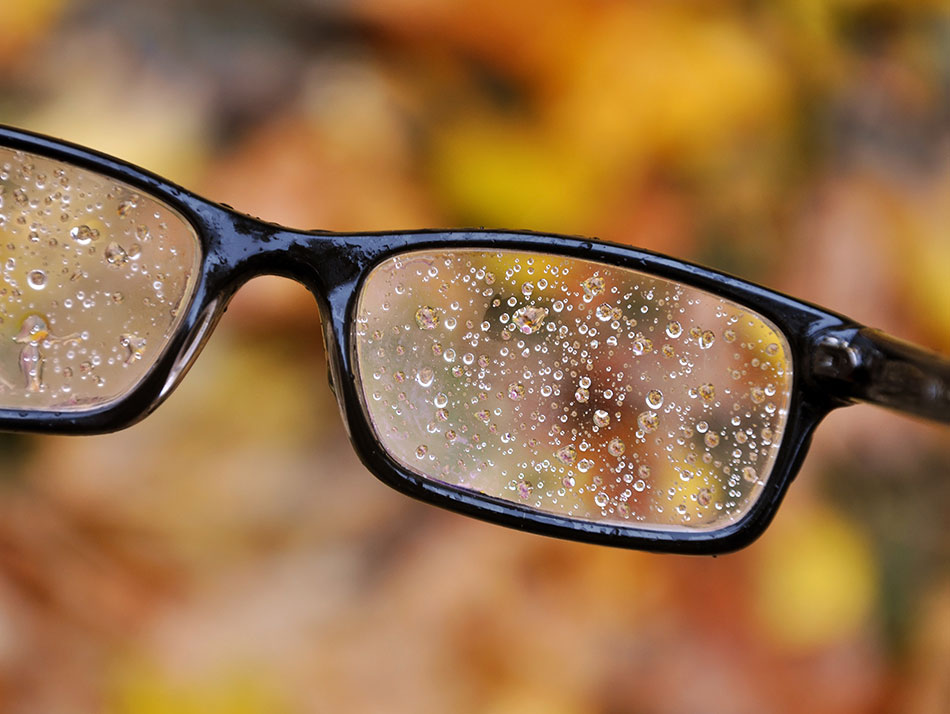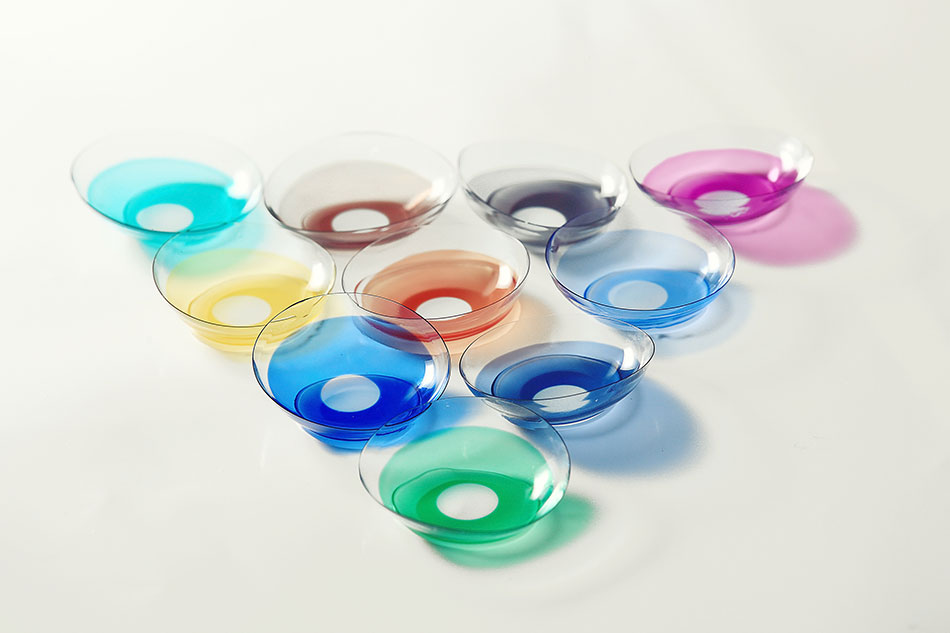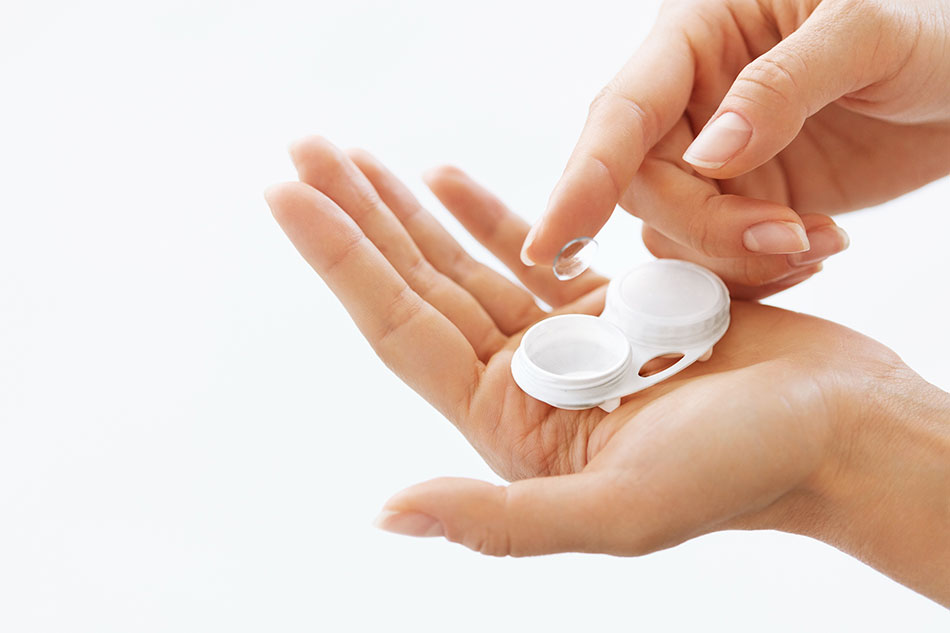Weighing the Pros and Cons of Contacts — Should You Get Them?

Are you tired of always searching for your glasses? Or sick of them steaming up so you can't see a thing?
Perhaps it's time you look for an alternative solution. And if you're thinking about getting those magical things called contact lenses, we don't blame you.
In 2017, the value of the global market for contact lenses was a whopping $11.5 billion. And it's projected to grow to about $19.45 billion by 2024.
There's a reason why so many people choose contacts over glasses. But like with anything, there are pros and cons of contacts. We're here to help you make your choice. Here's a breakdown of some of the biggest advantages and disadvantages of this tiny medical device.
Pros
Contacts Don’t Get in the Way When Exercising

If you lead an active lifestyle, you'll understand how annoying glasses are during your favorite activities. Whether you're running on the treadmill or mountain biking, glasses can bounce around. They might even fall off! And with the high cost of glasses, that's not an expense you want to pay for.
Contact lenses won't move around on your eyes, nevermind on your head. Their small size naturally fits onto your eyes. This allows you to wear active gear such as helmets and caps with ease. Instead of preventing your glasses from falling off, you can focus on what's important. So get active and into tip-top physical shape with no distractions.
They’re Virtually Impossible to Lose
A major benefit of contacts is that it's basically impossible for you to misplace your contact lenses like you do with your glasses.
The average American spends 2.5 days a year looking for lost items. When asked which items they misplace at least once a week, one of the most commonly lost items was glasses. If you wear them, you'll understand that constant frustration of trying to find the very thing you need to look for them!
This is not the case with contacts. The amazing fact is that once you put your contact lenses in, they'll usually stay there for good. That is, until it’s time for you to remove them.
There’s the odd case of them falling off your finger while you’re trying to put them in or take them out. But you can purchase tinted contacts so they’re easier to find. With how rare contacts fall out, that’s one less thing to worry about!
They're Not Affected by the Weather

Glasses fogging up in the cold can get really annoying. You constantly have to take them off your face and wipe them with your shirt. But they just fog up again in a few minutes.
Luckily, mother nature has no effect on contacts. Come rain or shine, your vision will remain clear.
They Give Greater Visual Clarity
Because of the limitations of the frames and lenses, glasses sit at a distance from your eyes. On the other hand, contacts pretty much sit right on top them. This allows them to bend light in a way that is closer to the needs of your prescription. Contacts conform to the curvature of your eye, giving you a wider field of view and fewer vision obstructions.
Sure, it may be just a few centimeters’ difference. But it can actually impact the sharpness of your vision greatly.
You Can Have Some Fun With Colors

A trend that’s taken Hollywood by storm? Colored contacts. It’s the latest “it” thing with celebrities.
With contacts, you have the versatility to choose the color of your eyes every single day! Have brown eyes one day and blue eyes the next. Colored contacts give you the freedom to really make a fashion statement.
Cons
Cleaning and Inserting Contacts Is Time-Consuming

While you don't have to clean them as regularly as you do with glasses, contacts are more complicated and inconvenient. You'll have to ensure that you have cleaning solution with you at all times. You also need quite a bit of hand-eye coordination to keep from dropping or damaging them during your daily cleaning routine.
Inserting and taking out contact lenses also takes some getting used to. But once you get the hang of it after some practice, it’ll be second nature!
Improperly Cleaning Them Can Lead to Infections
Contact lenses carry an increased risk of infection, which can cause some serious harm to your eyes. People who wear contacts have a higher chance of getting keratitis. Keratitis is an infection of the cornea, the clear outer part of your eye.
If you can't commit to keeping your contacts clean, you may want to consider disposable daily contact lenses. These require no cleaning routine since you just throw them away at the end of the day.
They Can Exacerbate Cases of Dry Eye Syndrome

Because they sit right on top of your eyes, contact lenses can limit the amount of oxygen reaching them. Dry eye syndrome is a common problem even among people who don't wear contact lenses. But contacts can make the symptoms more pronounced.
Luckily, several manufacturers have developed contact lenses designed to reduce dry eye discomfort. Dailies Total 1 is a good example. They feature an innovative water gradient design, with about 33% water content at the core of the lens. This increases to more than 80% at the front and back surfaces, keeping your eyes moist all day.
Use the Pros and Cons of Contacts to Make a Decision

Now that we've helped you understand the pros and cons of contacts, maybe you’re ready to decide whether or not to switch from glasses.
If you're still unsure what to do, consult with your optometrist. They have a good understanding of your lifestyle and already knows your eye health history. They can put you on the right path to finding that perfect pair of contact lenses.
